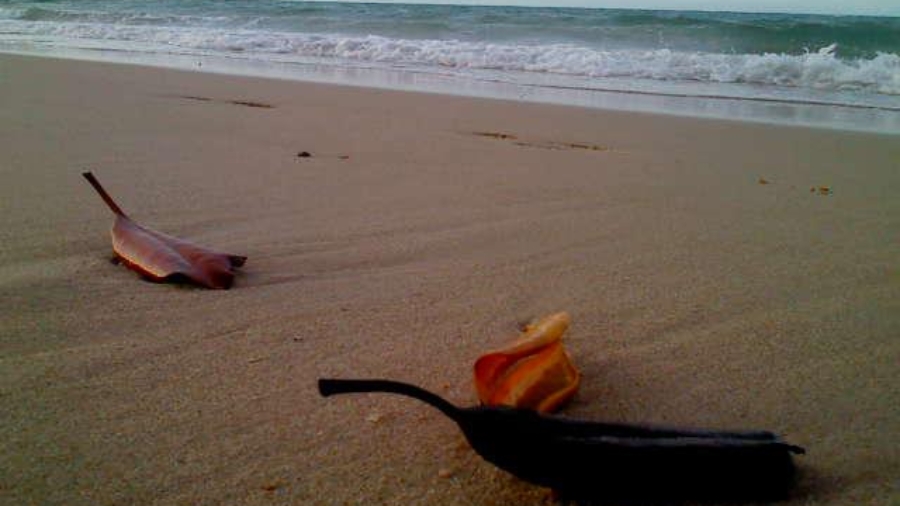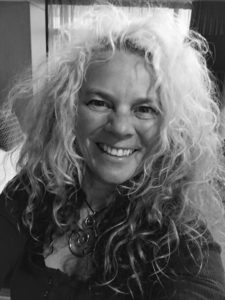If sustainability is a core value of yours, like it is for me, I wonder if you get to this time of year and think ‘what difference have I made in the world?’
Sometimes it’s difficult to quantify the little actions you may have taken to make the world a better place – those small conversations you had with someone who was feeling down, those little bits of plastic you picked up off the beach or the times you chose to walk, ride a bike or carpool instead of using your car.
I’ve been listening to ‘Wild’, Sarah Wilson’s podcast, for a while now and there is always something thought provoking in its content. One of the strongest themes I’ve picked up in her interviews and newsletters is the idea of not letting the big fossil fuel companies off the hook for the damage they have caused the planet; and not falling for their propaganda that we, as consumers, are the problem and therefore every one of us should work harder to lower our carbon footprint.
This is a difficult issue to wrestle with. On one hand I do feel that my small daily actions can make a big difference. When they go alongside other individuals taking actions too, big changes are achievable. And let’s face it, big change is needed if we’re going to get through the climate crisis. Yet, the individual carbon footprint argument has been pushed hard on us; this can feel like a lot of pressure and contribute to guilt and shame if you don’t do the right thing.
It’s complicated. But the reality is that the fossil fuel companies have been pushing their agenda for a long time, and they don’t have ours or the planet’s interests at heart. Seth Godin goes so far as to argue that we should ditch the small activism and target the bigger players. Did you know that one hour of using a gas-powered leaf blower is equivalent to driving your car over 4800 kilometres? In Godin’s town, it took just 20 people putting pressure on council to have leaf blowers banned. Anyway, I encourage you to check out his ‘outside the box’ ideas in this interview with Sarah.
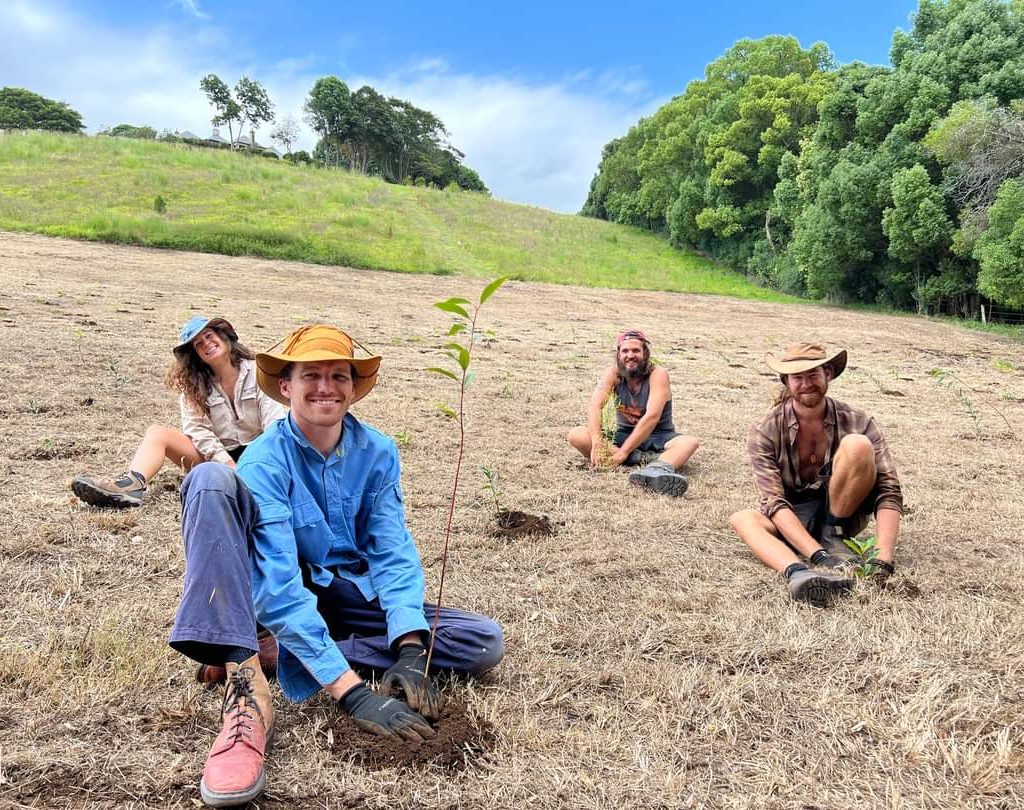
I know that I am guilty of putting more effort into individual action than lobbying governments about bigger impact policy change. Here’s a good example that supports Godin’s argument. One of the new things I started in 2022 was funding tree planting by Reforest Now, to regenerate the ‘big scrub’ in Northern NSW. We have been donating $1 from each counselling session to the project and so our total donation of $734 is equivalent to an extra 147 rainforest trees planted. Yes, it’s a tiny contribution on the scale of things, but that feels like a reasonable carbon offset for little old me. And if we all did that, it would make a difference, right? Only problem is there is only so many trees we can plant. We also need to stop cutting down the forests we already have, stop pulling fossil fuels out of the ground and regenerate our depleted soils, if humans are to come off the ‘heading for extension’ list. That requires collective effort and protest. If you need further inspiration, check out the documentary, ‘Franklin’.
By all means, don’t stop what you’re doing. I’m not going to stop funding tree planting. The actions you’re taking right now do inspire and encourage others. But my challenge to you is to think about how you can get involved politically, to take things to the next level? It’s something I need to also do if I am going to live out the values of a truly sustainable life.
References:
Sarah Wilson’s ‘Wild’ podcast
Reforest Now

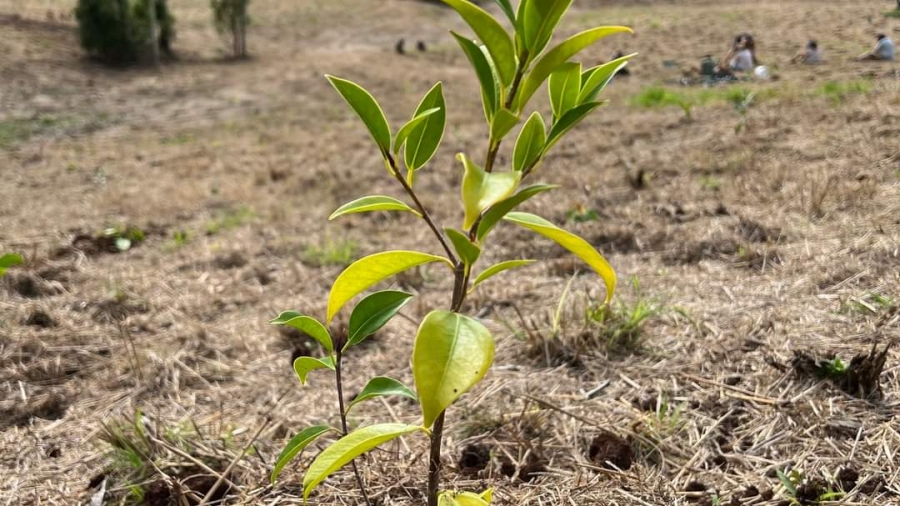
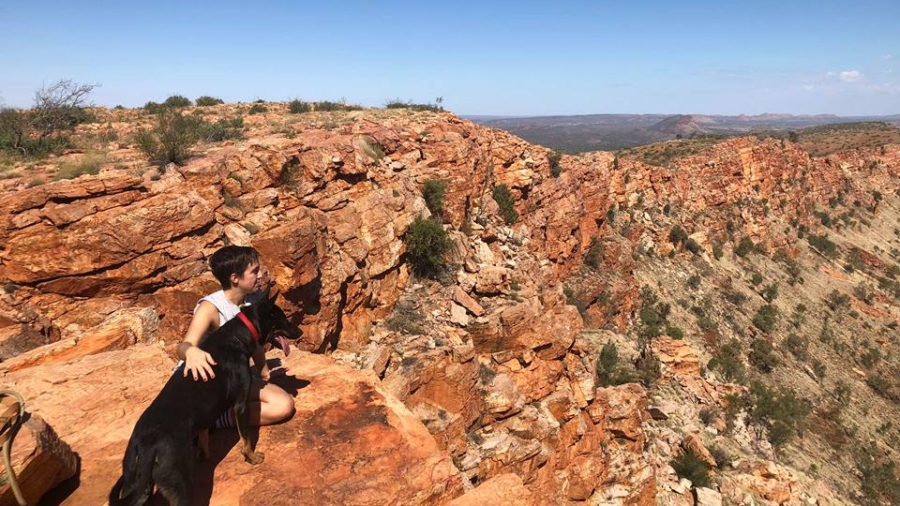
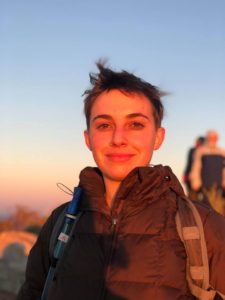

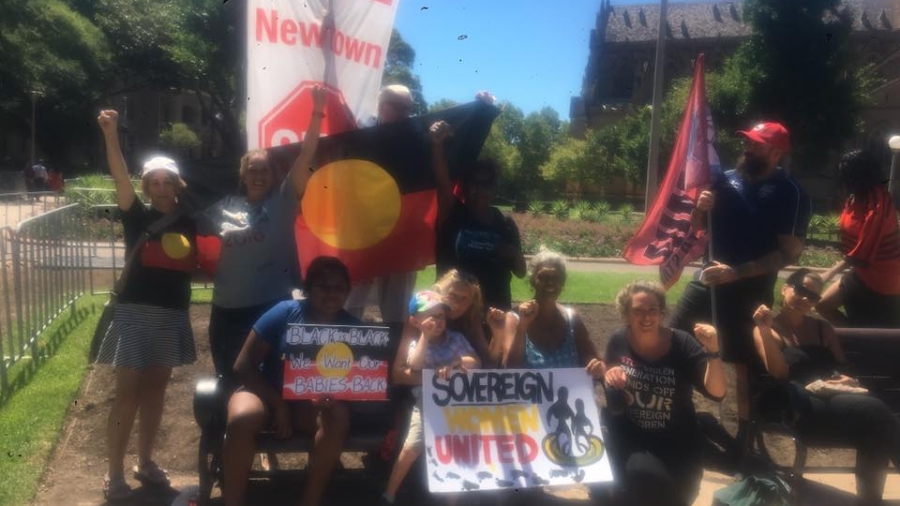
 Driven by personal family interests as well as deeply held values and a commitment to self determination, Sami shares the ingredients that have made practising Indigenous policy and advocacy work successful as a non-Indigenous woman. Social work students considering their future placements will find this episode invaluable and current non-indigenous practitioners will discover pearls of wisdom for standing alongside our Indigenous brothers and sisters for recognition and justice.
Driven by personal family interests as well as deeply held values and a commitment to self determination, Sami shares the ingredients that have made practising Indigenous policy and advocacy work successful as a non-Indigenous woman. Social work students considering their future placements will find this episode invaluable and current non-indigenous practitioners will discover pearls of wisdom for standing alongside our Indigenous brothers and sisters for recognition and justice.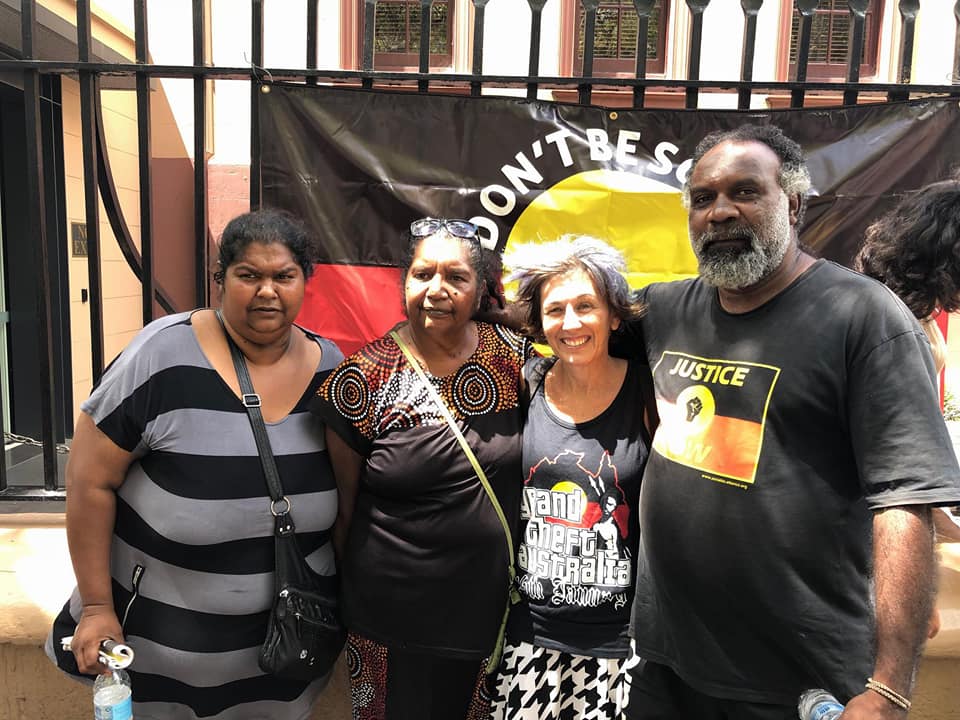
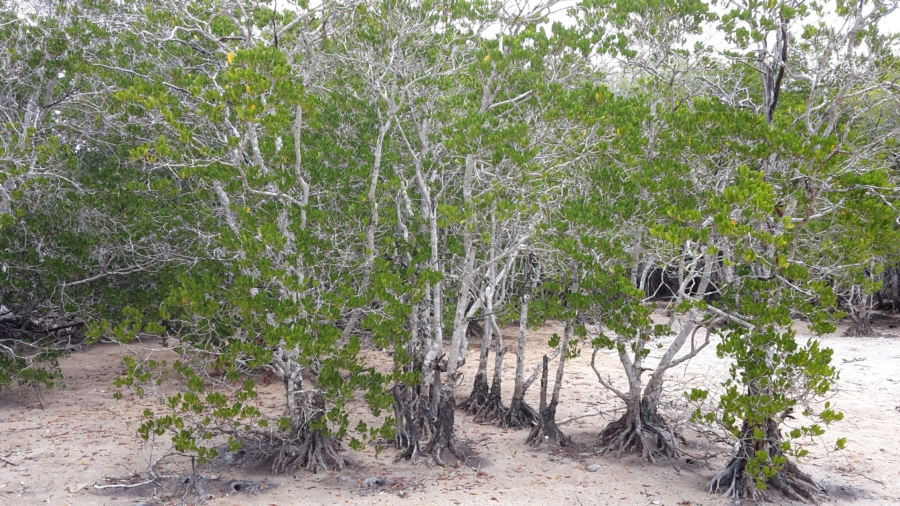

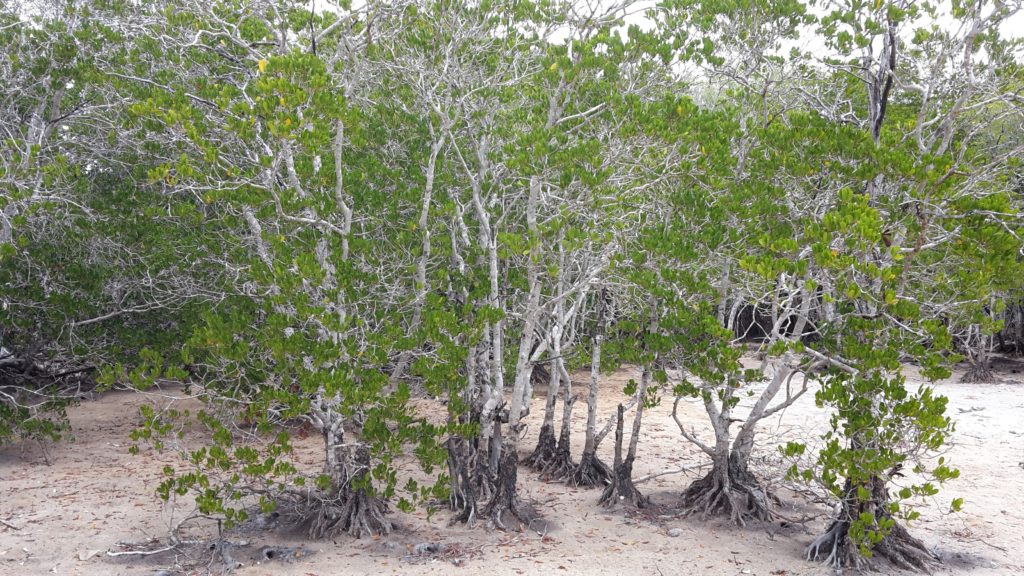
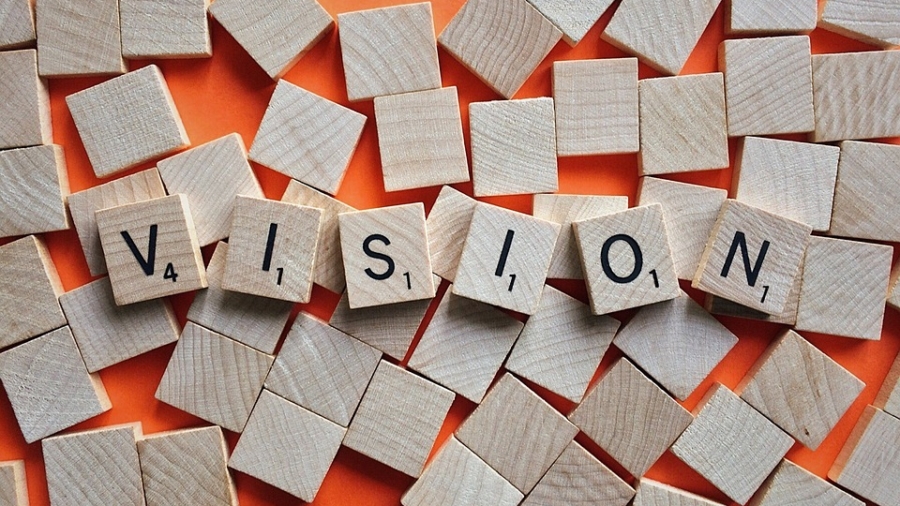
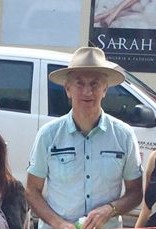 Welcome back to ‘Talk the Walk’ in 2018. Supervision goes under the microscope in this podcast episode with my guest, Barry Sullivan. Like many social workers, Barry came to the profession after more than 20 years in teaching. Arriving in Darwin in 1998, Barry started out in school counselling, before joining Relationships Australia where he has been ever since.
Welcome back to ‘Talk the Walk’ in 2018. Supervision goes under the microscope in this podcast episode with my guest, Barry Sullivan. Like many social workers, Barry came to the profession after more than 20 years in teaching. Arriving in Darwin in 1998, Barry started out in school counselling, before joining Relationships Australia where he has been ever since.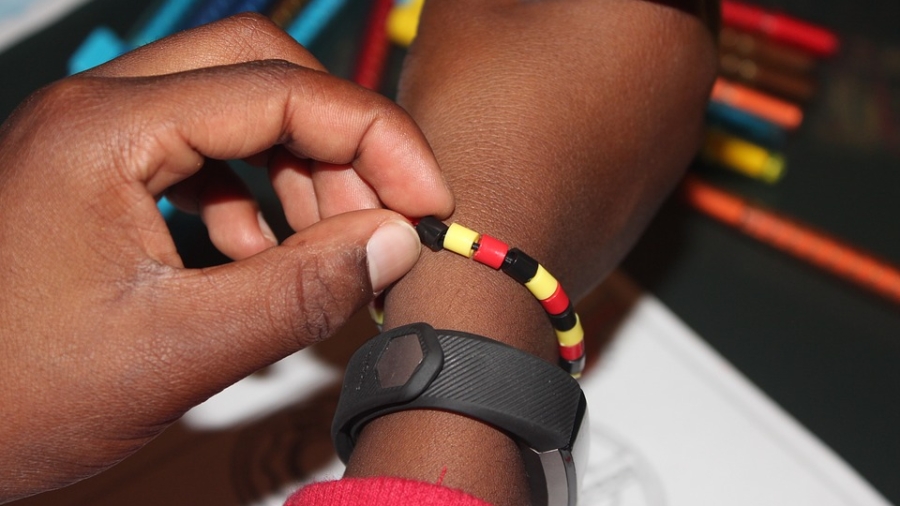
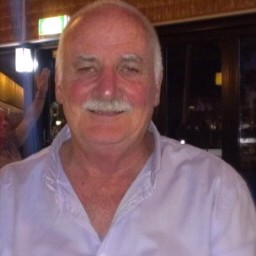 Today’s conversation on ‘Talk The Walk’ has many gems, but particularly for counsellors and social workers interested in developing an evidence based program that is also culturally safe. Doug Dunlop is a senior counsellor with the ‘Holding Children Together’ program based in Alice Springs and working with surrounding town camps. Doug is part of the team leading a rigorous evaluation process, developed and mentored by the Australian Childhood Foundation and a Cultural Advisory Group. In episode 17 of Talk the Walk, we also get a glimpse into the man behind the work; his historical roots, his life experience, the values and principles he brings to his trauma-informed, culturally-safe practice framework.
Today’s conversation on ‘Talk The Walk’ has many gems, but particularly for counsellors and social workers interested in developing an evidence based program that is also culturally safe. Doug Dunlop is a senior counsellor with the ‘Holding Children Together’ program based in Alice Springs and working with surrounding town camps. Doug is part of the team leading a rigorous evaluation process, developed and mentored by the Australian Childhood Foundation and a Cultural Advisory Group. In episode 17 of Talk the Walk, we also get a glimpse into the man behind the work; his historical roots, his life experience, the values and principles he brings to his trauma-informed, culturally-safe practice framework.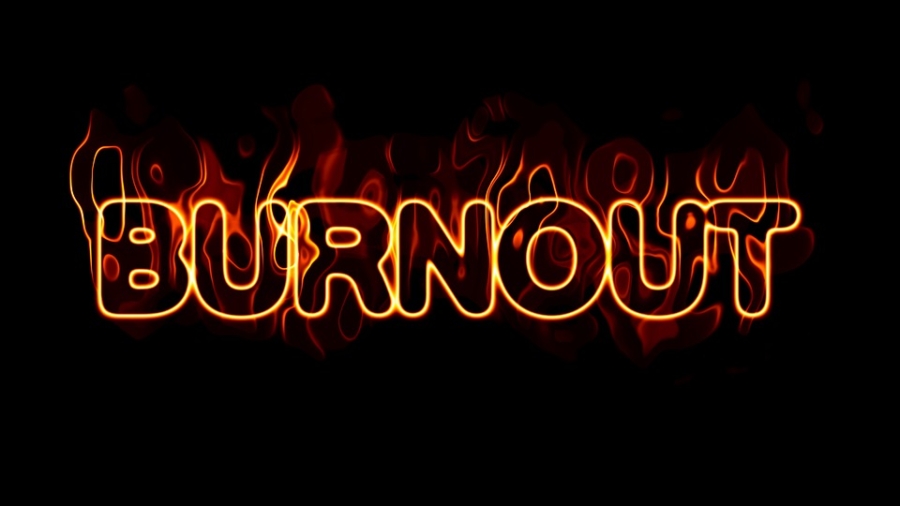
 If you work in the area of trauma counselling, chances are you have an organisation or colleagues keeping a watchful eye out for the first signs and symptoms of burnout or vicarious trauma.
If you work in the area of trauma counselling, chances are you have an organisation or colleagues keeping a watchful eye out for the first signs and symptoms of burnout or vicarious trauma.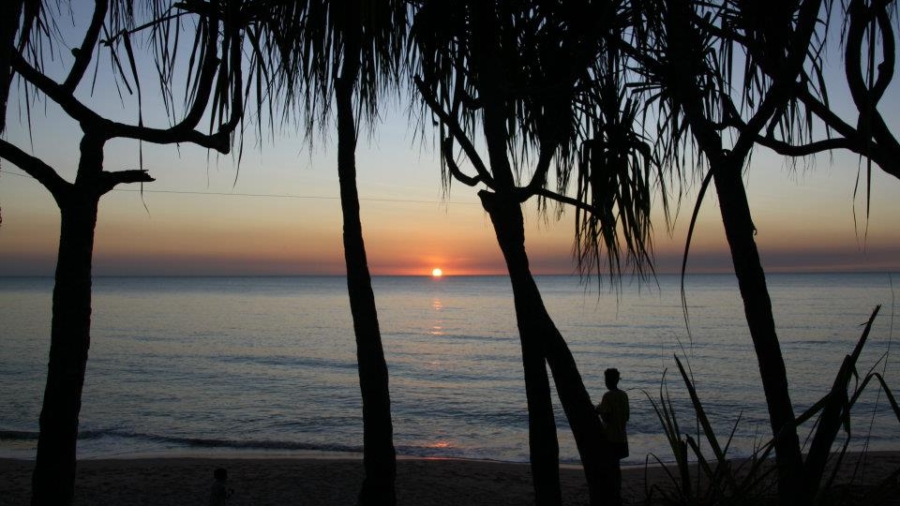
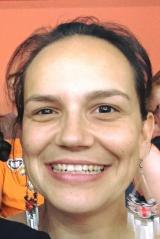 What’s it like to walk in two worlds, as a non-Indigenous social worker in a remote Aboriginal community, fresh out of university?
What’s it like to walk in two worlds, as a non-Indigenous social worker in a remote Aboriginal community, fresh out of university?